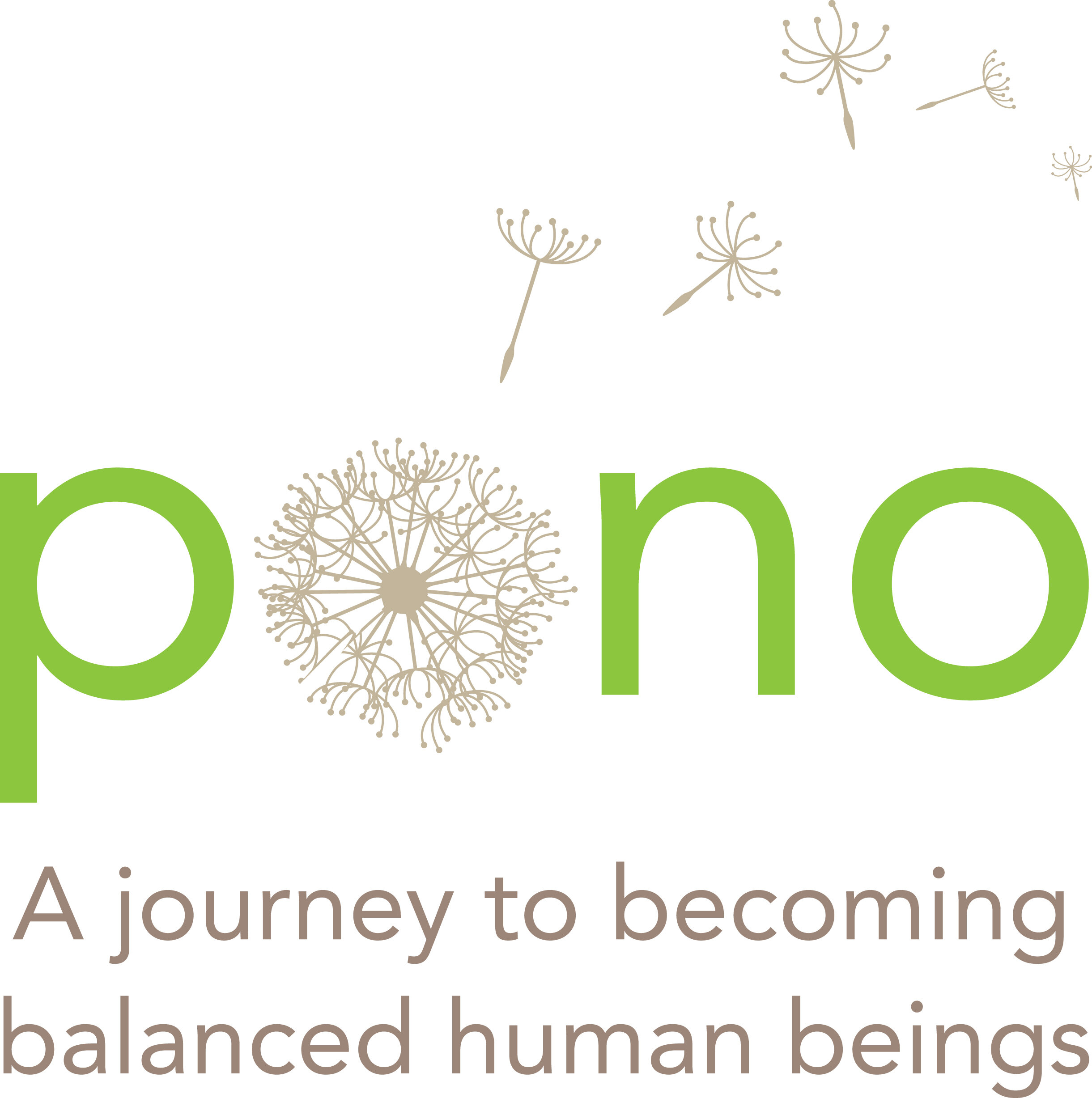I Matter: What Alternative Education Means To Me
Pono sparks love in my heart.
Hi! You’re here to learn about Pono, my school, right? Great, I’m glad I found you. I’m Sulaf Hatab, and I’m 12 years old, and it’s really nice to meet you. Is my hair okay? No, it looks fine? Thank you. Now, I’m supposed to tell you crazy stories about my school, right? No? Wait, you actually want me to tell you about Pono, like what it is, and the model, and stuff like that? Dang, I had such good stories, too, like the one about the pouring rain that soaked through our suitcases during our Costa Rica trip, or the many mad dashes for trains––in Philadelphia, Long Island, and wherever Vassar College is. But if you’re here to learn how Pono works, then fine, I’ll tell all. Here we go.
What Is Pono?
In a nutshell, Pono is a democratic, outdoor, and urban school, where the children decide their own curriculum. Let’s break this down.
Democratic. The children, myself included, are very deeply involved in what happens at Pono, and every decision is made together, by consensus. If that’s not democracy, I don’t know what is.
Outdoor. One of my favorite parts of Pono is that we go on a trip twice a week. It’s something I look forward to all week, and it’s always something exciting. People always ask me which Pono trip was my favorite, but I’ve been here for years, so I usually pick one from the previous week.
Urban. If you look at other outdoor schools, you’ll probably notice that a lot of them are in some kind of a forest or on a farm. Even though I see the appeal of a school deep in the woods, Pono operates in the city, because just walking around New York is an adventure. There are so many interesting places, so many people with incredible stories, and who needs a clear sky when you have the ceiling in Grand Central Terminal?
I Matter!
One of the things I love most about Pono is how much the opinion of every child matters. How nice is it to feel like you matter, to feel that what you have to say is important, and that your feelings are important, too? To me, it’s empowering and comforting. One of the pillars of Pono is making every child feel like that, all the time.
Interests. One of the many ways Pono is child-centered is in its planning process. Every term, the children and the adults team up to create a planning task force. We all sit down, go through the interests for next term, and see which ones can work with our budget. There is an agreement that every child must have at least 70% of their interests for next term happen, so not only does everyone get the same amount of control over what happens next term, everyone gets their say.
Council Meetings. Another thing that’s a great example of how important being child-centered is to Pono is council meetings. Whenever a child thinks another is being mean or unkind, the teachers and children sit down to talk about it and resolve any issues. This meeting is almost always called by the children, and it is mandatory that everyone is involved.
Individual Attention. My favorite thing about how child-centered Pono is how much focus is on each individual child. It’s always a nice feeling to know that you are remembered by your teachers, and it’s especially helpful while studying a subject that isn’t your strong suit. This is also helped by the size of the classes. My class usually has only seven students. Since it’s far easier to be overlooked or ignored in a huge class, having a smaller class makes it easy for every child to be given equal attention by the teachers.
And there you have it, Pono!
Sulaf Hatab is a 12-year-old student at Pono, NYC’s only democratic, outdoor, urban educational program. She loves rock music, movies, baking, writing, and chocolate in every way, shape and form. She is currently surviving the COVID-19 crisis by taking pleasure in the little treasures that bring so much joy.


